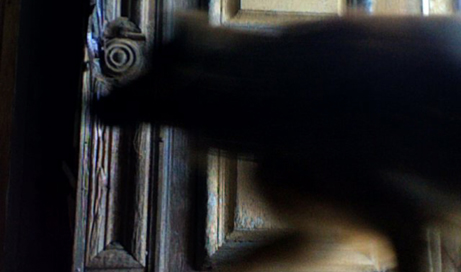
My Dog Is My Piano
Antonia Baehr
An audio/ video, lecture/ performance exploring the queer and companionly inter-activity of human-animal relations.
Arika have been creating events since 2001. The Archive is space to share the documentation of our work, over 600 events from the past 20 years. Browse the archive by event, artists and collections, explore using theme pairs, or use the index for a comprehensive overview.

An audio/ video, lecture/ performance exploring the queer and companionly inter-activity of human-animal relations.
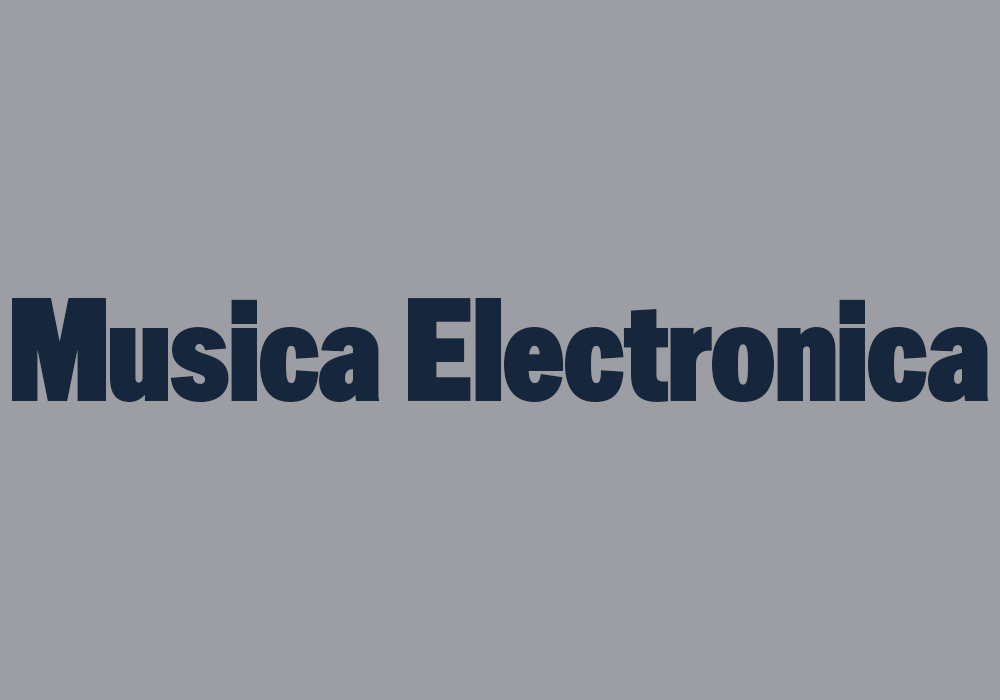
A sound diffusion piece by Glasgow University’s Musica Electronica, and a further selection of electroacoustic performances.
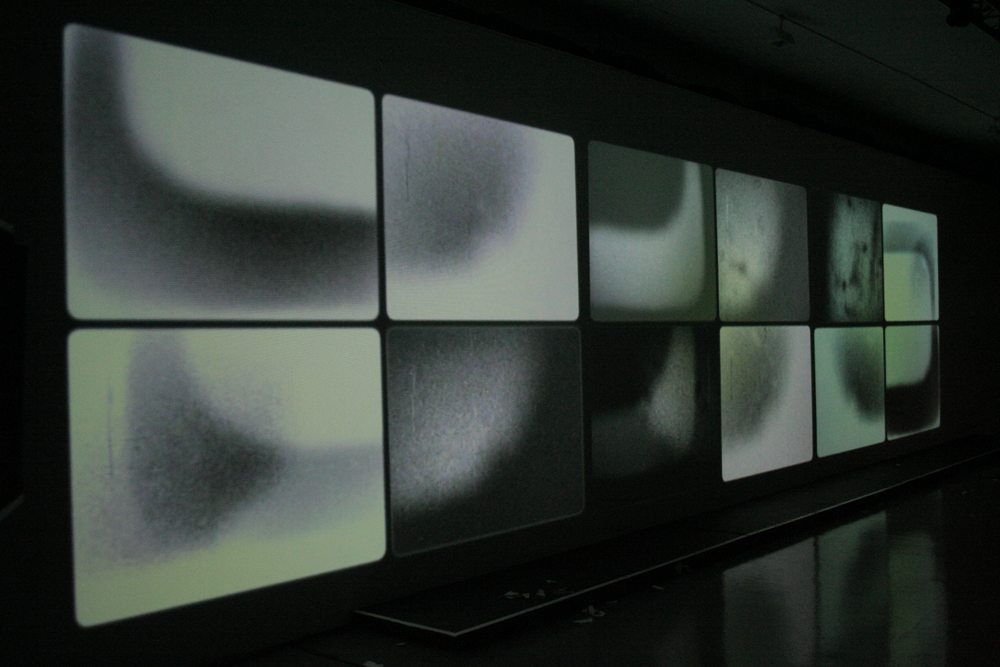
A poetic multi-screen performance about “the inadequacy of the arbitrary passing moment and the impossibility of permanence”. About time and change.

A kind of audience activating, structured film guessing game in the manipulation of time, sound and image. “At 11:15, weiners. At 21:05, pornography. At 23:30, a duet. Watch the Clock.”

A 3-day exploration – through performance, screenings and discussion – of the art and politics of wayward communities who refuse to be bound by the fictions of race and sex.

Trio vocal performance of a score by Achim Wollscheid with Aileen Campbell, Junko and Dylan Nyoukis.

A loud, buzzing stew of electrical light as noise and convulsive electric guitar squall.

UK conceptual/ drone/ noise artist, who is seriously posing what might seem to be unanswerable questions of music.
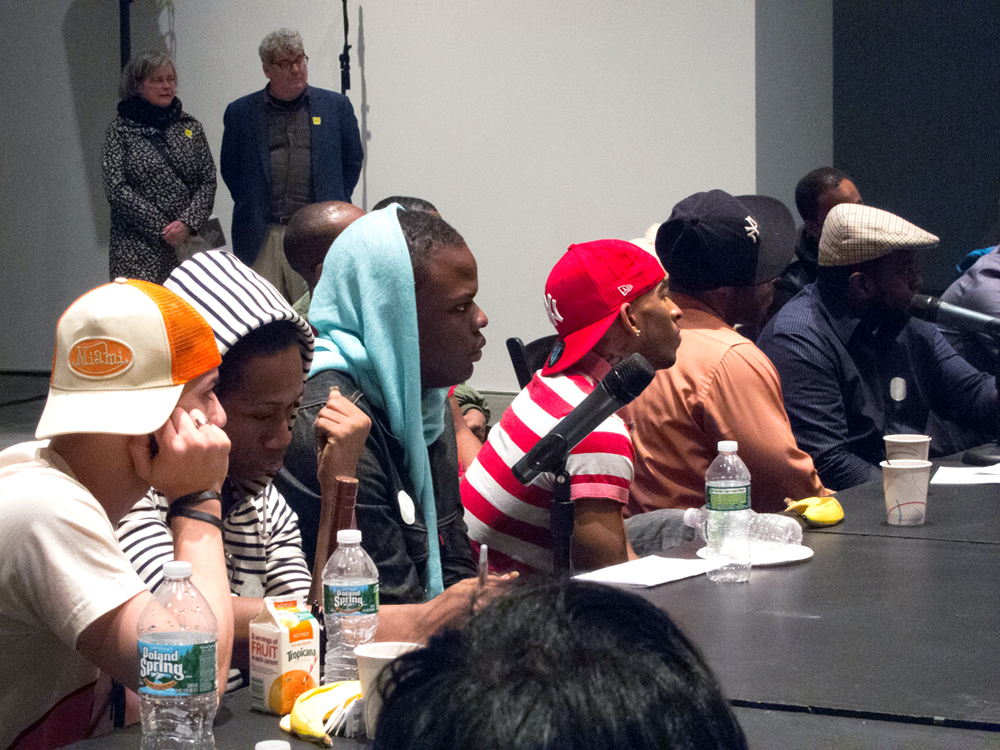
For day two of Ultra-red’s project, the investigation will take up protocols for listening to the sound of freedom composed and facilitated by the Vogue’ology collective.
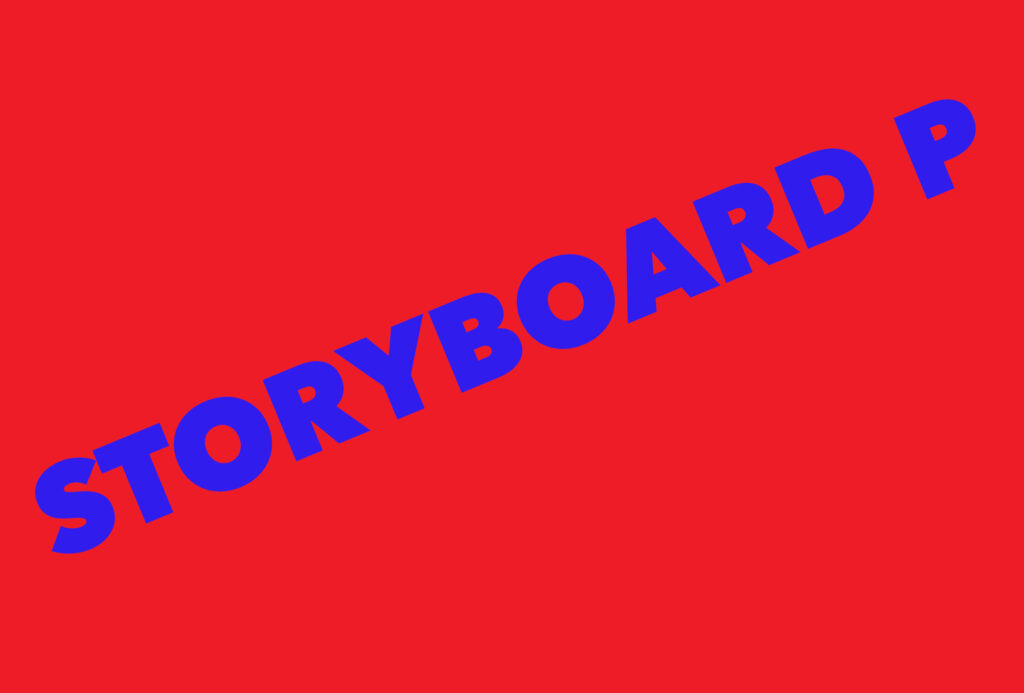
During Episode 9 we made this clip with Storyboard P at Kinning Park Complex. Video by Ash Reid.

As part of Karrabing’s visit to Scotland, the collective will be hosted for three days in the Isle of Skye by The School of Plural Futures.
Amid the blur of erotics, the jangle of poetics, and the fetishizing of sickness and disability, the heat of Panteha’s performance and sculpture freezes all.